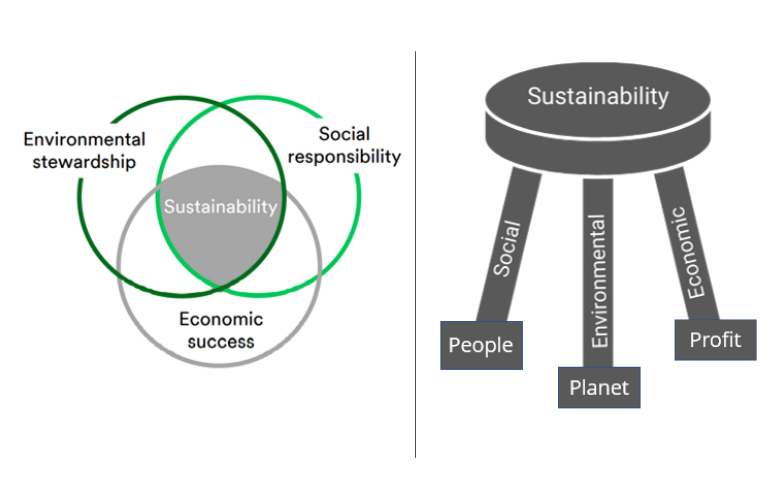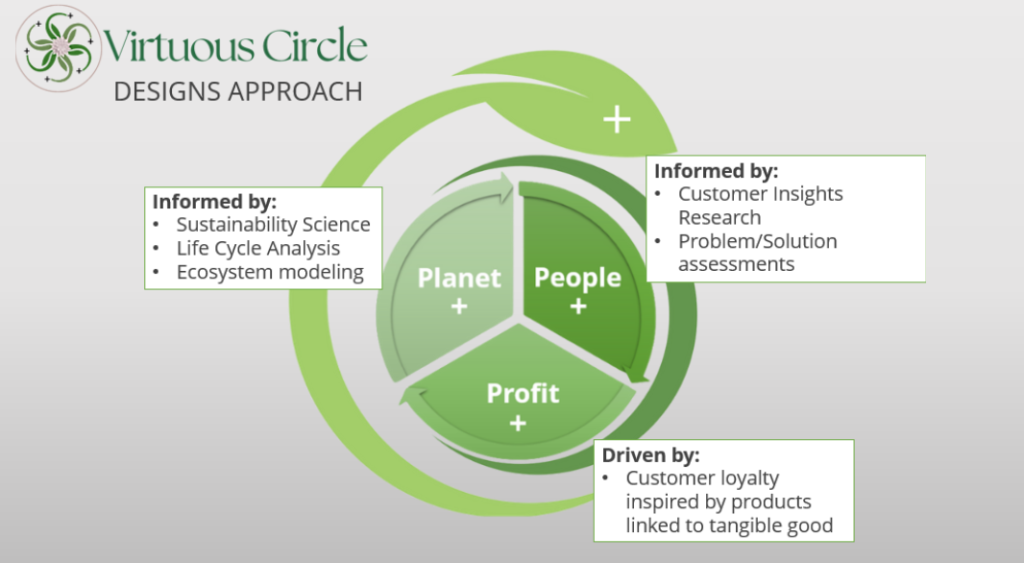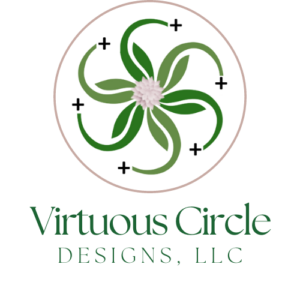About Us
“I alone cannot change the world, but I can cast a stone across the waters to create many ripples.”
~ Mother Theresa
Meet our Founder &
Chief Sustainability Scientist
Kristell Miller feels strongly that we are called to make this world a better place, be good stewards of the land, and leave a legacy to future generations. She is a true interdisciplinarian whose expertise is a rare blend of natural and social science (including Life Cycle Analysis, Systems Modeling, Data Science/Python Programming, and Insights Research). She has a PhD in Natural Resources Science and Management from the University of Minnesota. Before launching Virtuous Circle Designs, she was a Sustainability Manager at 3M Corporation Headquarters in Minnesota. While there, she led their Sustainability Value Commitment Initiative, conducting Sustainable Product Design Workshops across the company to help product development teams in all business groups, from consumer to healthcare to industrial, contemplate and integrate more sustainable design options. While at 3M, she also led Customer Insights research for the New Product Innovations team. It is this blend of expertise that makes her uniquely qualified to understand and solve complex sustainability challenges. She loves spending time with her family at their lake place in Northern Wisconsin where she is an official loon ranger.

Sustainable Design Principles
Sustainability is traditionally defined as “meeting the needs of the present without compromising the ability of future generations to meet their own needs.” (UN, 1987).
The theory of Sustainability requires that all legs of the Three-Legged Stool (Social, Environmental and Economic) must be present and equally represented for stability and sustainability to occur. For companies, it is referred to as The Triple Bottom Line. These three needed factors are also known as People, Planet & Profit.

Creating Virtuous Circles in Business
An Ambitious Approach
It is commonly accepted economic theory that all product manufacturing produces some adverse effects, or negative externalities (i.e., unintended harmful consequences). Sustainability approaches typically aim to minimize these effects and reduce overall environmental and social harm. However, in certain instances, it is possible to employ sustainability approaches that enable a business to produce POSITIVE externalities (i.e., production spillover that improves local ecosystems or contributes to community well-being in a variety of forms). The people and places around such a business are better off because the business exists. This in turn builds customer support, increasing demand and driving growth for the company, allowing the benefits to multiply. Development of such positive feedback loops requires the application of multifaceted sustainability techniques, combined with customer insights and systems thinking, but it IS POSSIBLE. This is the VIRTUOUS CIRCLE DESIGNS approach.


